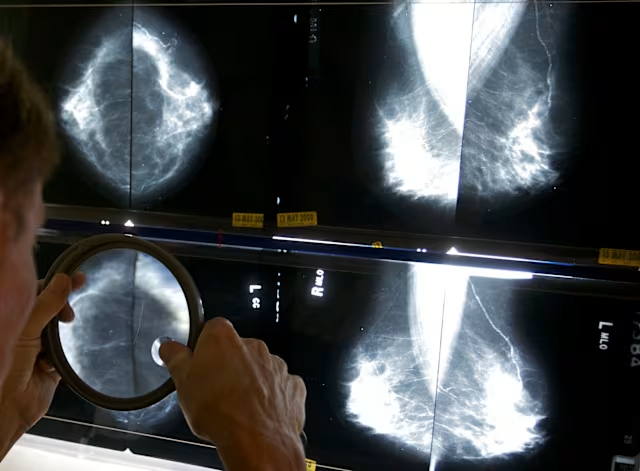DALLAS, Texas — A recent report reveals that advanced cancer diagnoses have returned to pre-pandemic levels. During the COVID-19 pandemic, a larger percentage of cancers were identified at advanced stages, making them more challenging to treat. However, as of 2021, the diagnosis rates have reverted to levels seen before the pandemic.
Cancer screenings saw a significant decline during the pandemic, as many people postponed their appointments. This led to an increase in the detection of advanced cancer cases in 2020, according to the Annual Report to the Nation on the Status of Cancer. The report, released by the National Cancer Institute and other health organizations, covered new cases and mortality rates for various cancer types.
The pandemic disrupted healthcare services, including routine cancer screenings. In 2020, there was a marked decrease in early-stage cancer diagnoses, as noted in the report. The restrictions and fear of contracting COVID-19 at healthcare facilities discouraged individuals from attending regular health check-ups, resulting in delayed diagnoses.
In 2021, cancer diagnosis rates improved. Cancer screenings resumed, and healthcare facilities implemented safety measures to ensure patient safety. The restoration of regular healthcare services contributed to the return of diagnosis rates to pre-pandemic levels.
Advanced cancer diagnoses in 2020 were notably higher due to deferred screenings. The report highlighted a decline in early-stage cancer cases, while advanced cases remained relatively stable. Despite the challenges posed by the pandemic, the report included positive news about declining cancer mortality rates, indicating progress in cancer treatment.
In the United States, cancer remains a leading cause of death. The report emphasizes the importance of early detection in improving treatment outcomes. Healthcare providers continued to emphasize cancer screenings even amid the pandemic, promoting awareness and encouraging patients to prioritize their health.
Health experts believe that the return to pre-pandemic cancer diagnosis levels can be attributed to improved healthcare access and public awareness about the importance of regular screenings. The report serves as a reminder of the need for continuous vigilance in cancer detection and prevention efforts.
The decline in cancer mortality rates was evident across various cancer types, including lung, breast, prostate, and colorectal cancers. The report showed improvements in cancer treatments and early detection efforts.
Medical professionals stress the importance of regular cancer screenings. Early detection can significantly improve treatment success rates. They urge individuals to remain vigilant about their health and schedule routine check-ups.
As healthcare services normalize, efforts to educate the public on the importance of cancer screenings continue. Public health campaigns aim to address concerns and encourage people to visit their healthcare providers for timely cancer screenings.
The report’s findings underline the resilience of the healthcare system in adapting to challenges posed by the pandemic. Healthcare workers played a crucial role in maintaining essential services and prioritizing patient care during a difficult period.

